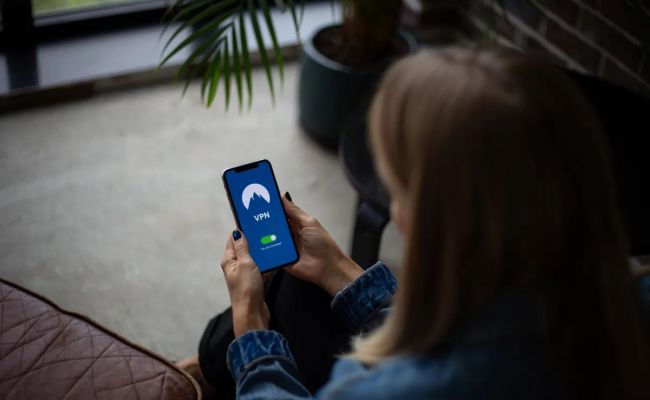- Smartphones have the potential to greatly simplify daily life in the modern era.
- Cybercrime has increased dramatically in recent years.
- So, whether you use your phone for business or for personal reasons, keeping it secure is critical.
- The sophisticated schemes that some criminals use might mean that they don’t need to physically access your phone in order to use it to get up to no good.
- It’s possible for hackers to access and steal money from your account if, for instance, you use mobile banking without a virtual private network (VPN) in place.
Smartphones have the potential to greatly simplify daily life in the modern era. Your local shops, bank, and family and friends are all in the palm of your hand. However, having all of that information in one place can attract criminals, hackers, and scammers.
Table of Contents
Here are five steps you can take to improve the security of your phone:
Use passcodes that do not reflect other aspects of your personal data as much as possible.
Birthdays, in particular, are something you should avoid. Address snippets are another no-no when it comes to passwords.
A password or passcode generator can help you with this.
If you create your own, make it more obscure and include a combination of letters, numbers, and punctuation.
Utilizing the biometric barriers that most modern phones have is one of the best methods of physically securing your phone.
Fingerprint and eye scanners will only be activated by you, protecting your data if your device is lost or stolen.
Disable location sharing
The sophisticated schemes that some criminals use might mean that they don’t need to physically access your phone in order to use it to get up to no good.
If they hack into your phone, they may be able to track your movements by using your location services if you keep them turned on at all times.
While this feature is useful for maps and other services, it is best to turn it off when not in use.
Setup a VPN
If you are frequently on the move and use your mobile device over public networks, downloading a VPN for Android or Apple devices can be beneficial.
This stops those who might be snooping on these networks from accessing your activities..

It’s possible for hackers to access and steal money from your account if, for instance, you use mobile banking without a virtual private network (VPN) in place.
Keep no sensitive information on your phone
If you are applying for a new job or a loan, you may be required to provide images of documents such as your passport or driver’s license.
Remember to delete these immediately after use, including your ‘deleted photos’ folder.
Connecting to a cloud-based storage system increases the risk of a hacker gaining access to your data and potentially using it for malicious purposes.
Also Read:
Update your phone’s software on a regular basis
Software updates should be installed as soon as they become available, even if doing so means temporarily disabling your device.
As hackers spend more time trying to penetrate older software, the security of that software declines.
If your device is a few years old, check to see if you are still receiving software updates. If not, consider upgrading to a newer phone.




